Kinect and Cortana should have been Xbox's Amazon Echo
Oh Kinect, what happened?
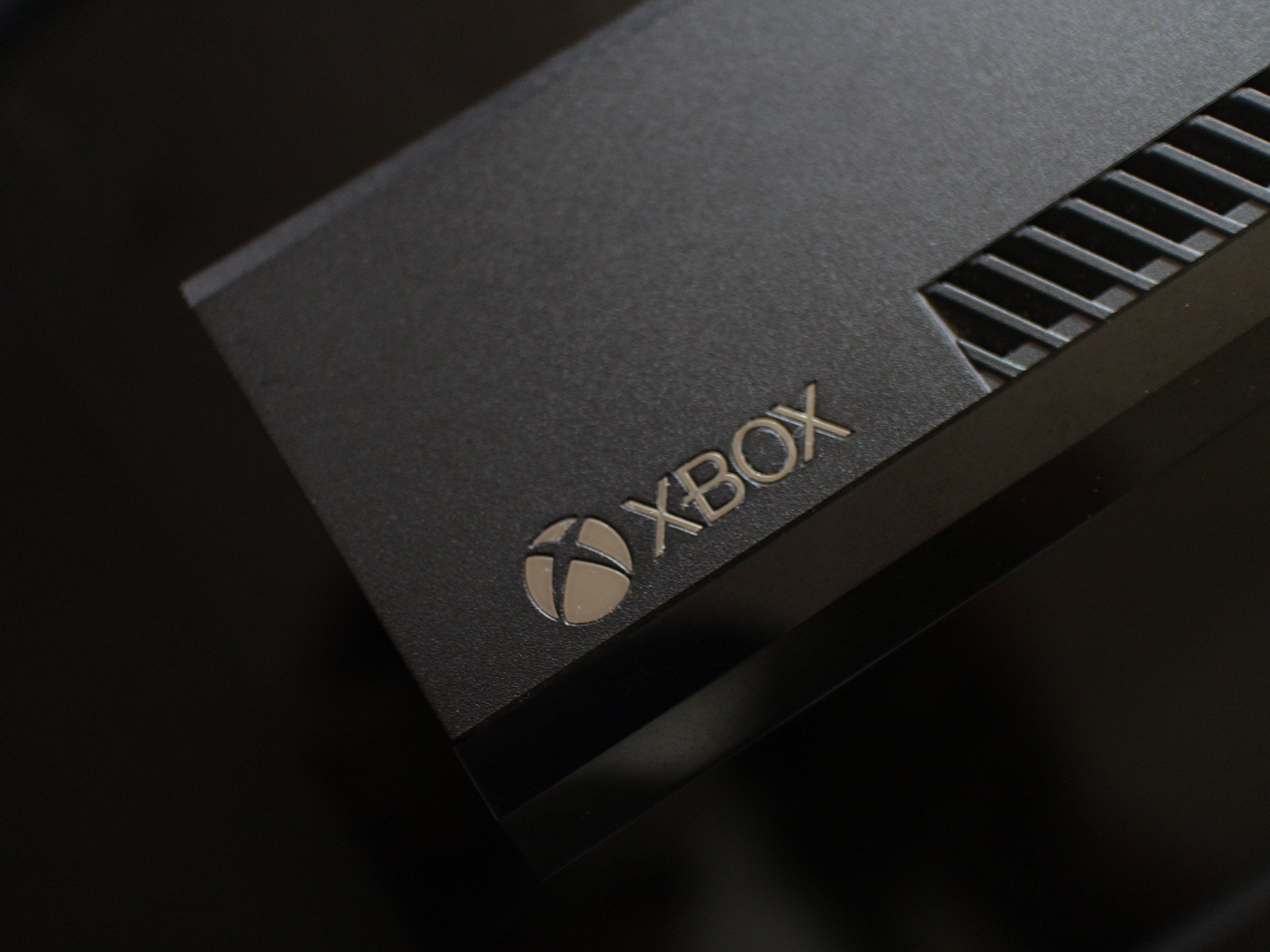
All the latest news, reviews, and guides for Windows and Xbox diehards.
You are now subscribed
Your newsletter sign-up was successful
You were accused of being a CIA spying tool for the living room, blamed for the Xbox One's inflated 2013 price point, hated for your less-than-reliable voice recognition, and laughed at for lackluster games offering.
Yet, I miss you.
Sure, sometimes "Xbox, pause" would require more than three attempts to register. The motion tracking wasn't exactly stellar in most games, and it was pretty damn huge. Finding a place for it around my TVs has always been an issue.
But there was always something mystifying and magical about Kinect, with its beady HAL-9000-like eye and flashing IR tracking lights. Coming home from work to say "Xbox, on," and watching my TV and Xbox boot up, and sign me in with facial recognition felt futuristic. The games might have been unable to compete with mainstream titles, but I had a lot of fun playing Fruit Ninja and Commander Cherry with both younger, and non-gaming relatives.
The irony of Kinect being side-lined is all the more painful given the rise of Alexa and the Amazon Echo, which is essentially a similar proposition. With the introduction of Cortana, Microsoft would have beat the Amazon Echo to the punch had it nurtured and iterated upon Kinect, but alas, like many things Microsoft attempts to do — they screwed up (or gave up).
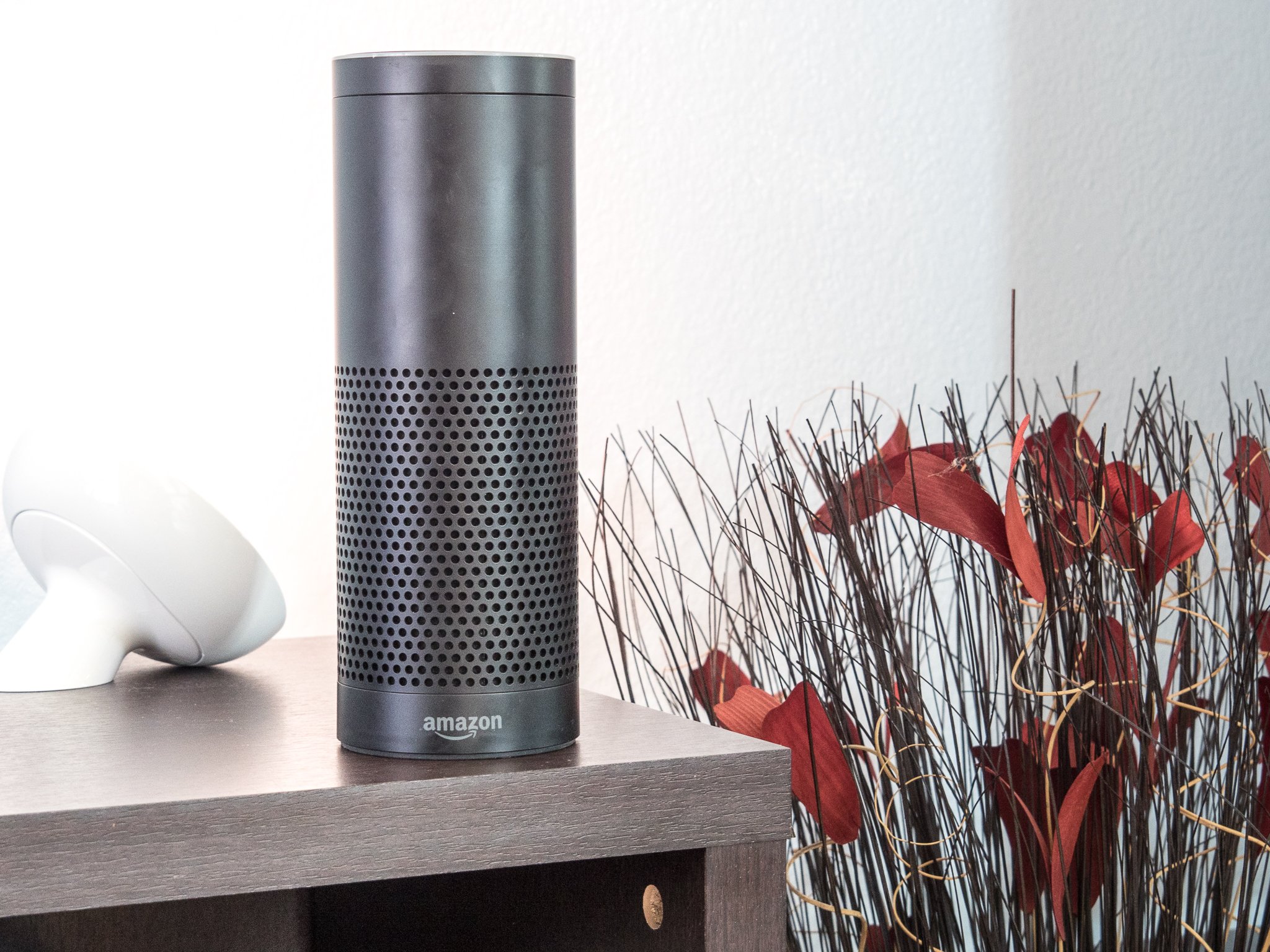
Now Kinect, Cortana, and the idea of voice controls on the Xbox One are all but a forgotten memory. There was a time when every party chat I was in was full of "Xbox record that," the signature chorus of Xbox gamers pwning n00bz. Alas, silence, as most gamers simply press Guide + X to make clips now.
The technology that powers Kinect might have shown up in other Microsoft products, like Windows Hello and HoloLens, but its failure on Xbox is looking like it could have wider ramifications for Microsoft's assistive A.I. efforts, most notably Cortana.
All the latest news, reviews, and guides for Windows and Xbox diehards.
Cortana vs. Alexa
Having used both Kinect with Cortana and an Amazon Echo extensively, it's quite plain which of the two is a better product. The Amazon Echo is far better at recognizing individual voices, responding to complex commands, and has a lot of tricks that beat Cortana running on an Xbox One, most notably when it comes to shopping and integration with other services.
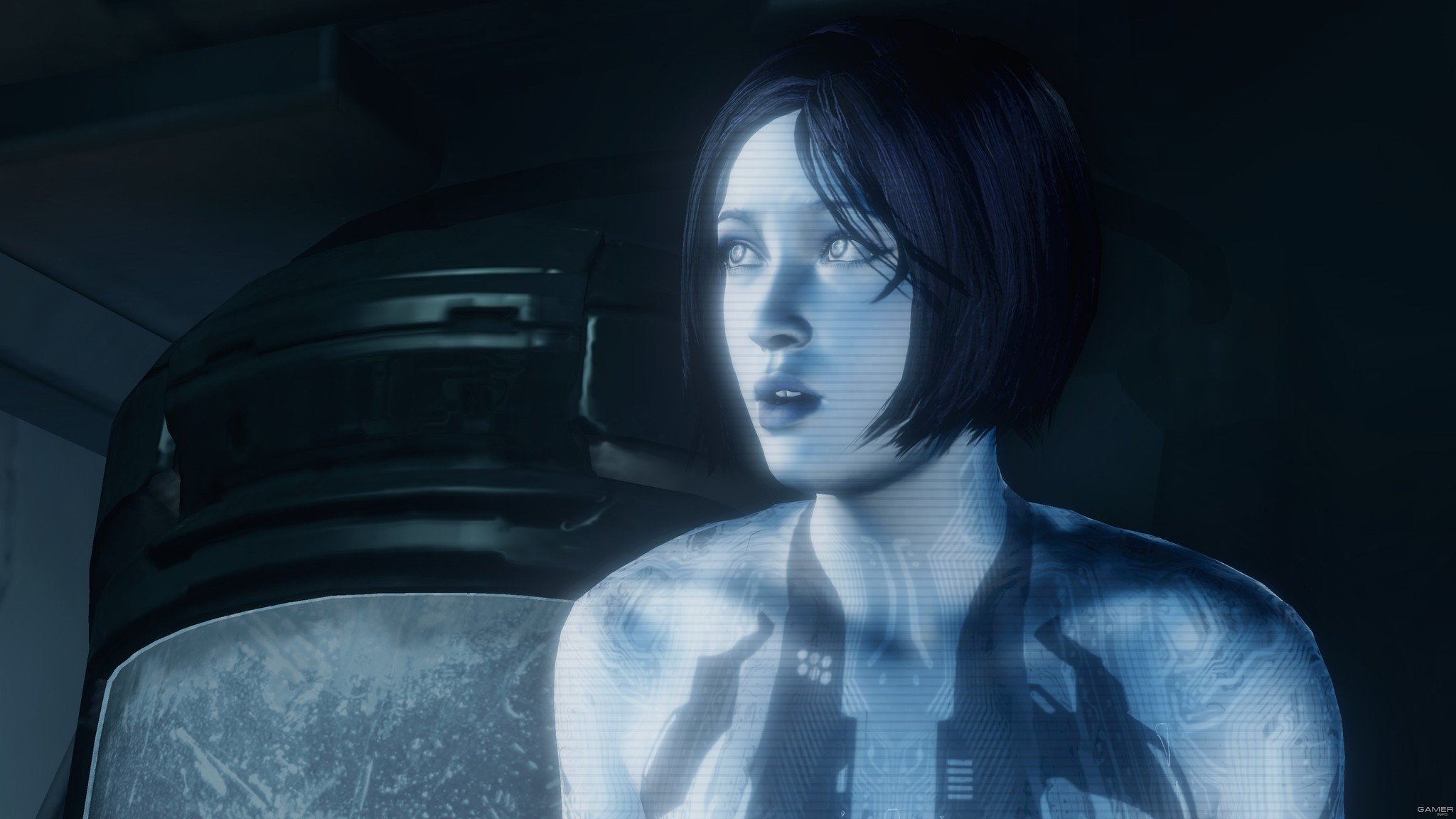
Cortana on Xbox is painfully slow, the commands are less intuitive than the previous "Xbox" call-sign commands, and her feature set is nowhere near as useful as promised in early videos. Development for Cortana on Xbox has practically halted, with no meaningful improvements or updates in the best part of a year.
Cortana and Alexa are teaming up in the near future, with both services becoming available across Amazon Echo devices and Windows PCs. You'll be able to summon either Cortana or Alexa at will, leveraging the separate toolkits of both assistants. It seems a little odd that Microsoft would piggyback on Alexa rather than develop their own assistant, but perhaps not, given how little attention Cortana has received even on Windows 10.
Microsoft had the technology and the software to beat Alexa to the punch years ago, but it didn't. Harman/Kardon is working on an Echo-like Cortana speaker, but it'll likely only hit shelves in the US, before flopping out of existence entirely. Assisted speaker tech is still pretty niche, but it needn't have been with Xbox.
Is Kinect dead?
The Kinect 2.0 (bundled with the Xbox One in 2013) was scapegoated as the cause of the system costing $100 more than its PlayStation counterpart. It was also blamed for taking up system resources, preventing the Xbox One hitting 900p – 1080p resolutions were more frequently found in PlayStation 4 versions of multi-platform games. Microsoft stripped out much of the Kinect features to compensate over time, removing Snap Mode, dashboard motion tracking, and much more, to lighten the load on the OS for other features.
Nowadays, to use the Kinect you need to purchase a separate $40 USB adapter, as the Xbox One S (or the Xbox One X) doesn't have a Kinect port. Microsoft never released an updated version of Kinect powered by USB 3.0 for use with the S or X, presumably because they're done with the technology – or are they?
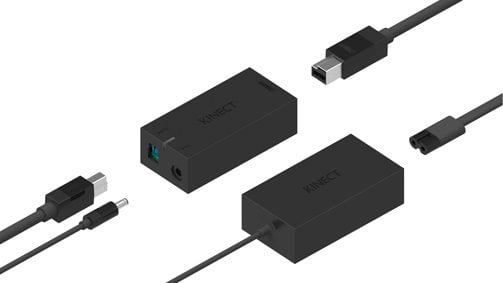
Oddly enough, some of the games making up the Xbox 2017 Fall lineup are, indeed, remastered Kinect games. Including Zoo Tycoon and a couple of Disney titles. Sure, they don't require Kinect, but support is there.
I have also been told by several individual sources that Cortana development for Xbox hasn't come to an end, but is merely awaiting a new type of framework that should solve some of the problems with speed and accuracy. The amount of Cortana skills the assistant is capable of using is set to increase too.
So, if Cortana development is still on-going, and new Kinect games are coming, why continue half-heartedly?
Kinect 3.0
Our Executive Editor Daniel Rubino has recently written about how Microsoft needs a media remote with voice controls in it, to streamline the process of accessing Cortana on Xbox. Indeed, you can use Cortana with any microphone attached to your console, but when you're using that microphone for party chat, it's not exactly as intuitive as a dedicated mic for the assistant, such as via a remote or Kinect itself.
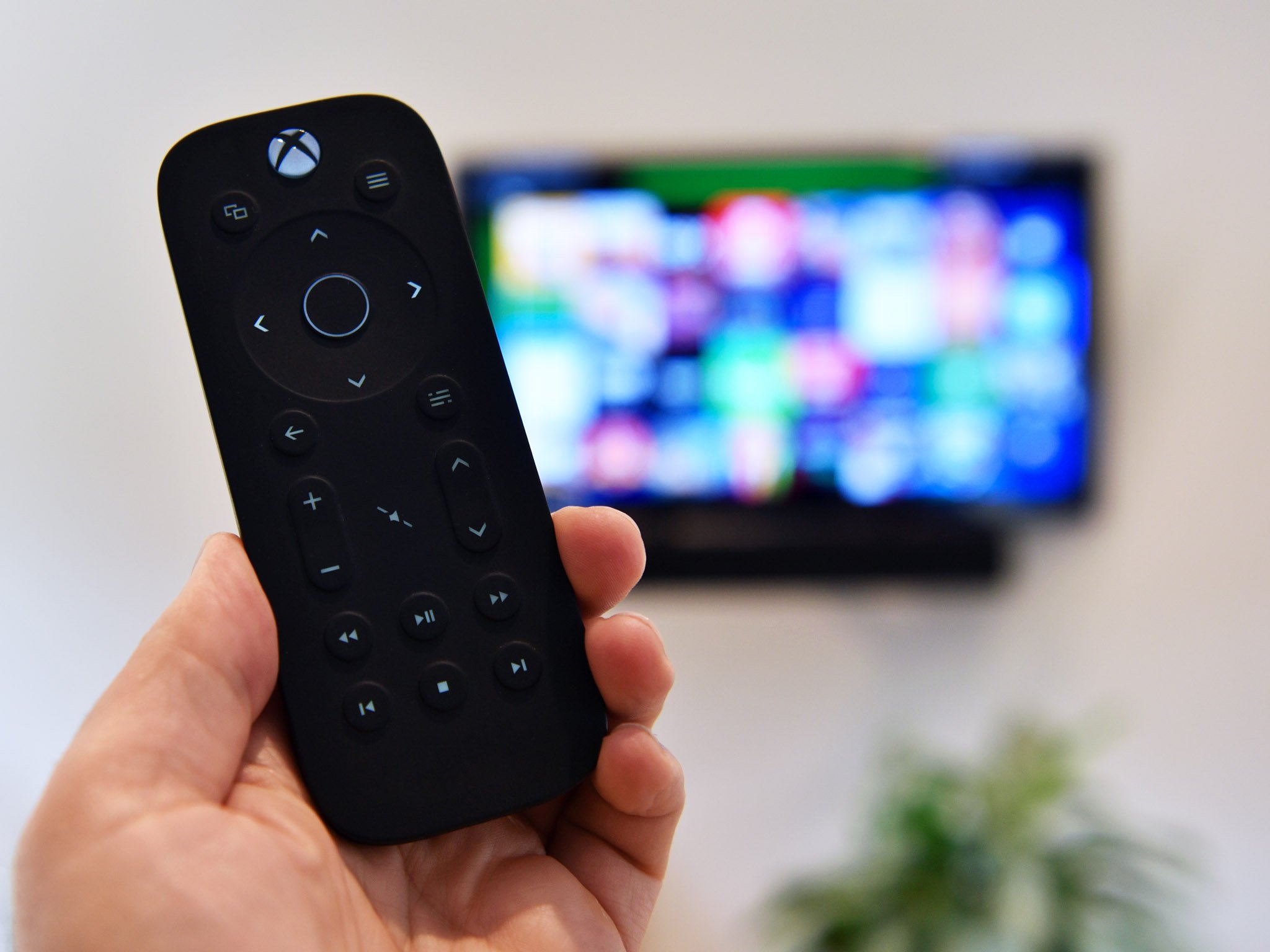
Lots of newer laptops on the scene have something known as far-field audio technology that allows the laptop or PC to hear voice commands when you're away from the computer. Kinect already does this, using a powerful microphone array that is quite accurate when calibrated properly. For the vast majority of Xbox owners, though, having voice commands is still a niche use case.
Perhaps Microsoft should build a standalone Kinect 3.0, that, similarly to the Amazon Echo, can work both in conjunction with Xbox and independently of Xbox, maybe with phones instead. We're almost 5 years away from the launch of the Kinect 2.0, you have to imagine that Redmond could produce something smaller, less clunky, while retaining the power and functionality.
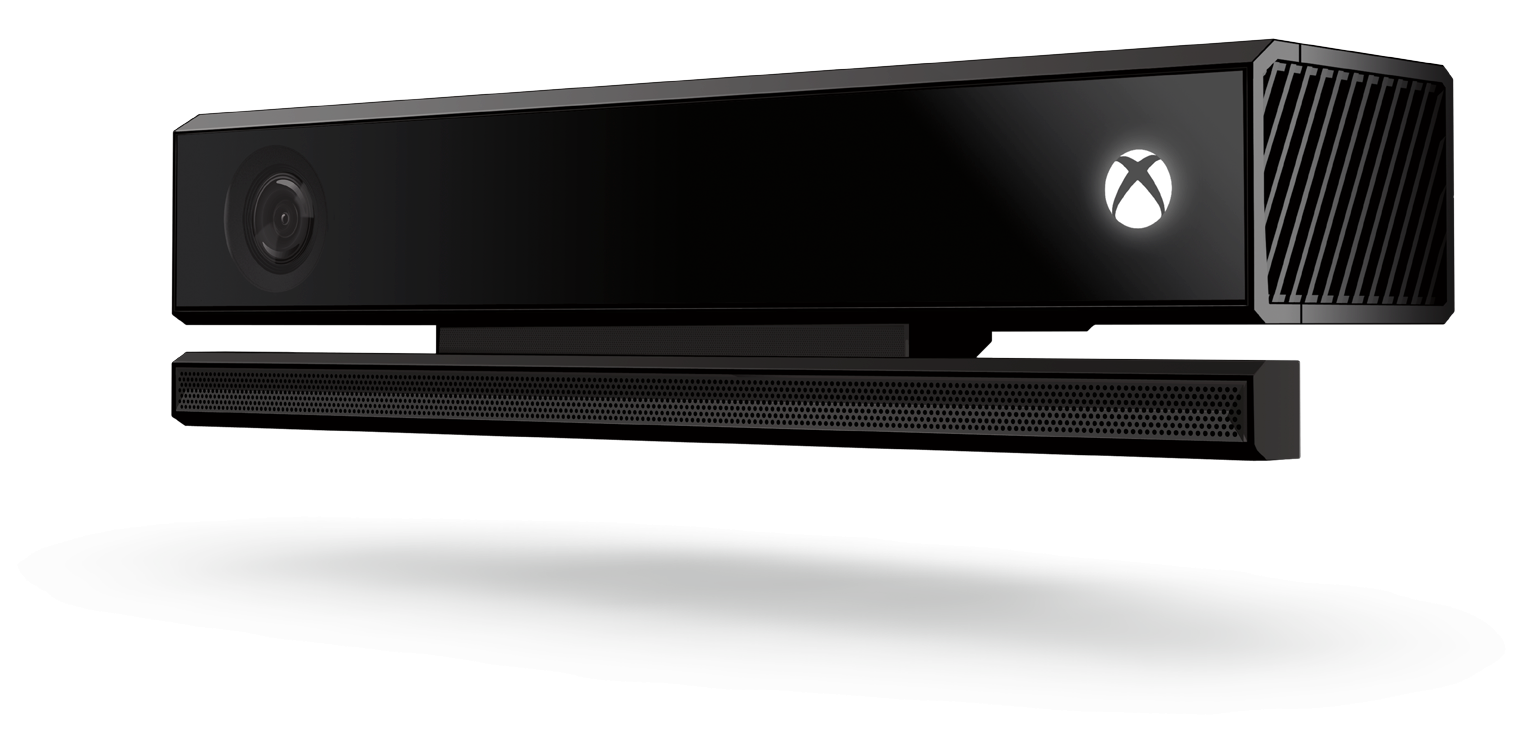
Kinect 3.0 could be positioned as something that can both take on Amazon's Alexa, Google's own home assistant solution, and other mobile assistants, while augmenting the experience on Xbox One and your TV.
The fact developers can plug into Cortana leveraging the Skills Kit SDK and the Universal Windows Platform, and the fact there is already an array of games and apps on Xbox One that utilize Kinect, puts it in a unique place to take on the Echo even from the back of the race – if someone at Redmond was to care about it.
Kinect and Cortana could be great
Sure, Xbox is primarily a gaming device, but there's no reason it can't be something more in the process. The features are there, the technology is there, and the interest in voice-assisted living room speakers is there, so why has Microsoft given up?
Maybe Redmond has something baking deep in its labs to work towards this goal, maybe it doesn't, but it's just a little frustrating how Kinect's great features got shelved in the whirlwind of negativity following 2013's botched reveal for no real reason. The rise of Alexa and the Amazon Echo proves that there was a market for this sort of service, yet for whatever reason, Microsoft rolled it back on Xbox rather than hit the gas.
Perhaps in the future they can turn things around – if the new framework I've been told about turns out to be a thing – or maybe Kinect will just join the Microsoft Band and Windows 10 Mobile as promising products Microsoft failed to nurture. As of writing, you can still pick up Kinect for around $50, but who knows for how much longer.

Jez Corden is the Executive Editor at Windows Central, focusing primarily on all things Xbox and gaming. Jez is known for breaking exclusive news and analysis as relates to the Microsoft ecosystem — while being powered by tea. Follow on X.com/JezCorden and tune in to the XB2 Podcast, all about, you guessed it, Xbox!
